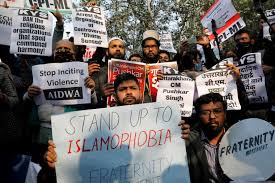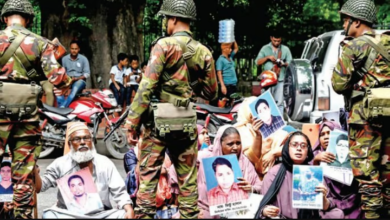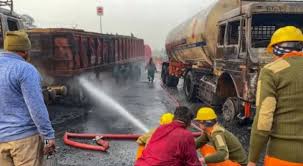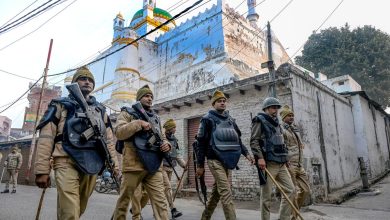ECI announces assembly elections in IIOJK after nearly a decade
Kashmiris continue to demand UN plebiscite despite poll announcement
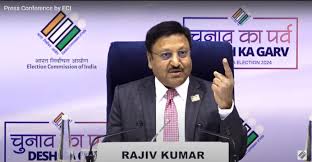
New Delhi: After a wait of nearly 10 years, the Election Commission of India (ECI) finally announced that assembly elections in occupied Jammu and Kashmir will be held in three phases, starting from September 18.
According to Kashmir Media Service, the announcement was made by India’s Chief Election Commissioner (CEC) Rajeev Kumar while addressing a press conference in New Delhi today. Assembly polls in IIOJK will be held in three phases, with voting on Sep 18, Sep 25, and Oct 1, he said, adding, “The counting of votes on October 4.”
The first phase of polling scheduled for September 18 will cover districts, including Pulwama, Islamabad, Shopian, Kulgam, Ramban, Kishtwar and Doda. The second phase, set for September 25, will focus on the districts of Ganderbal, Srinagar, Budgam, Poonch, Reasi and Rajouri. Finally, the third phase scheduled for October 1 will cover the remaining districts, including Bandipora, Kupwara, Baramulla, Udhampur, Jammu, Samba and Kathua.
The last assembly elections in IIOJK were held from 25 November – 20 December 2014. In August 2019, the BJP-led Indian government abrogated IIOJK’s special status and divided the region into the union territories of Jammu
and Kashmir and Ladakh. Since then, regional parties have been calling for elections, but their appeals were largely ignored until the Supreme Court of India intervened, mandating that elections be held by September 30, 2024. The BJP’s reluctance to hold elections was evident, as it anticipated a rejection from the local population. This was confirmed during the Lok Sabha elections, where not only did the BJP struggle to find candidates in the Muslim-majority Kashmir Valley, but the parties it supported suffered significant defeats.
Amid these developments, the people of occupied Jammu and Kashmir continue to advocate for a plebiscite under UN supervision, emphasizing that elections conducted under Indian rule are a façade. They argue that these polls are merely a veneer to legitimize military occupation by installing puppet leaders, rather than addressing the core issue of self-determination for the Kashmiri people. K





